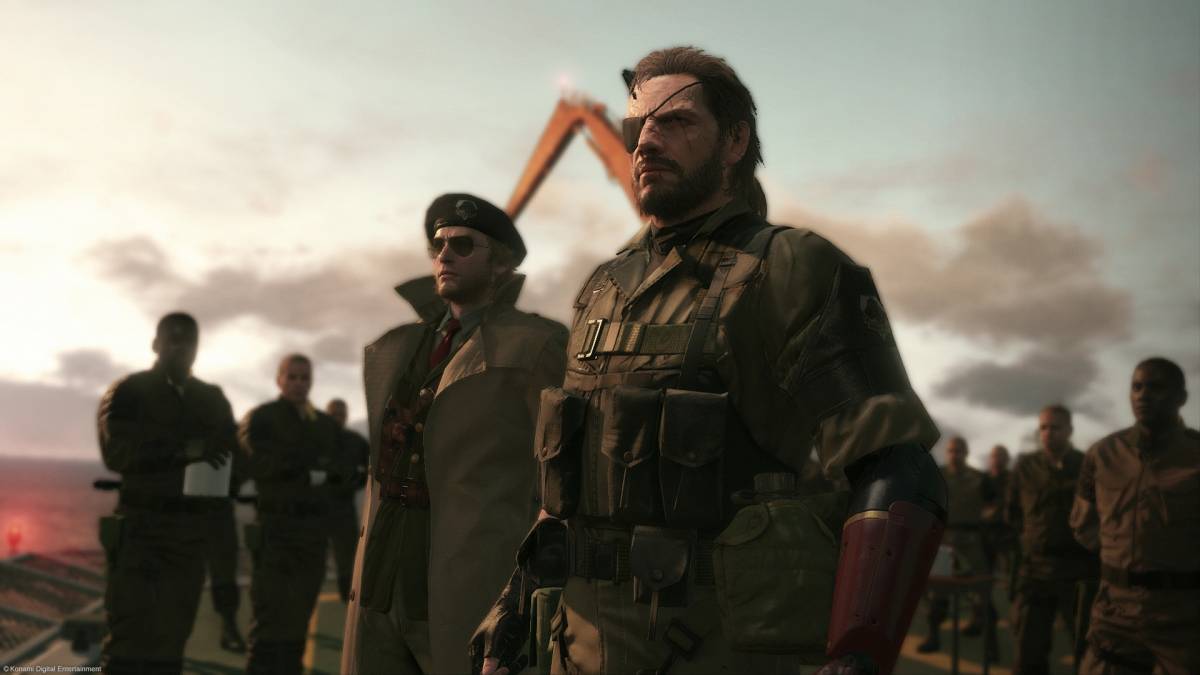:format(webp)/cdn.vox-cdn.com/uploads/chorus_image/image/72888078/Polygon_video_game_industry_layoffs_crisis_2023.0.jpg)
Via Polygon (More at website)
‘People were just an expense. They don’t necessarily care about the human impact’
Developers at Palia studio Singularity Six were still celebrating a successful early access launch when a surprising announcement was made: The company was laying off around 10% of its workers. Though the game is a cozy life simulator, layoffs were something that was “not so cozy,” as a Singularity Six leader had called parts of game development in a previous meeting, according to two workers.
Singularity Six is just one of the dozens of game companies that laid off workers in 2023, and its workers are among the thousands of people who lost their jobs this year. Only days after ringing in the new year, layoff announcements started rolling in: Wizards of the Coast canceled multiple projects and laid off a dozen people; game engine maker Unity Technologies cut 300 people; Microsoft laid off a staggering 10,000 people, which impacted both Starfield’s Bethesda Game Studios and Halo Infinite’s 343 Industries. The bad news just kept coming as the year progressed, as studios both big and small axed jobs — Digital Extremes, Epic Games, Telltale Games, BioWare, Bungie, CD Projekt Red, Ascendant Studios, Electronic Arts, Embracer Group and Volition, Amazon’s games division, and too many more.
Though there isn’t clear data on how 2023’s disastrous layoffs compare to other years, game developers Polygon spoke to agree: This has been one of the worst years for workers in a long, long time. (Polygon interviewed more than a dozen game developers for this story.) Unofficial trackers suggest more than 7,000 video game workers have been laid off in 2023; for comparison, another community-driven list suggested there were roughly 1,000 in 2022. The nearby tech industry has seen a 716% increase in layoffs announced year over year, too, according to research firm Challenger Gray & Christmas.
“This is not just one individual company,” video game producer Shayna Moon told Polygon. “This is our entire industry. The current situation is not debatable.”
“Paired with tight economic conditions, the impact of layoffs has been amplified by reduced hiring and increased job competition,” said International Game Developers Association executive director Dr. Jakin Vela in an interview with Polygon.
“This has been one of the most volatile periods in the games industry in the last 15 years.” Vela said that the IGDA is “deeply concerned” about the layoffs.
But why have there been so many layoffs this year? Studios have provided similar kinds of statements about laying off workers: We’re very sad to see our employees go, but we’ve had to make hard decisions during this economic downturn. Sometimes an executive will blame it on a lack of sales or player numbers, like a dwindling player base for Destiny 2 or poor sales with Immortals of Aveum, which was out for mere months before Ascendant laid off half of its staff. Epic Games, which cut its workforce by 800 people, pointed to overspending.
“For a while now, we’ve been spending way more money than we earn,” CEO Tim Sweeney said.
Regardless of the details that led to this moment, the current picture is clear: Thousands of people have lost their jobs, plunging a massive group of people into instability and flooding the market with lots of qualified, established game developers looking for work.



